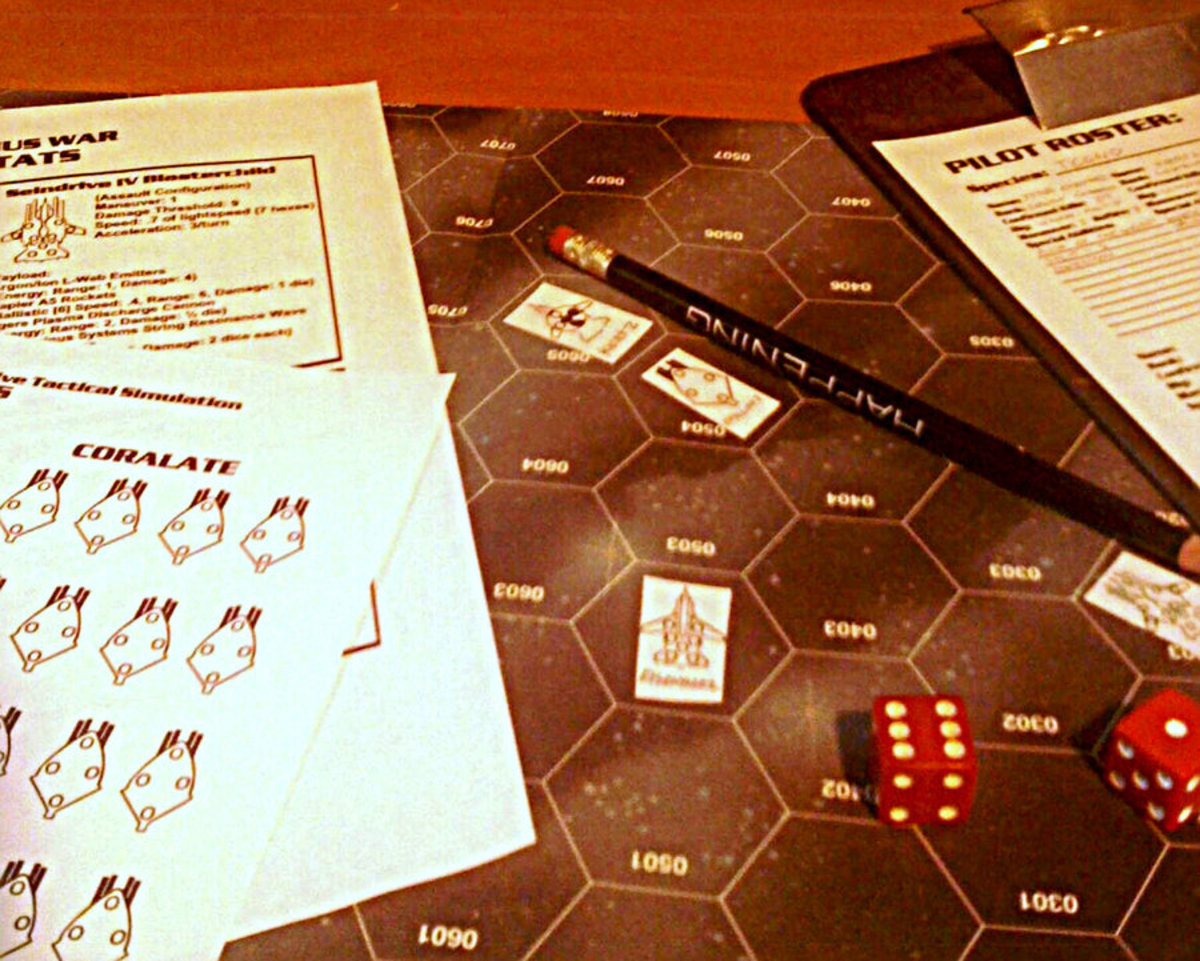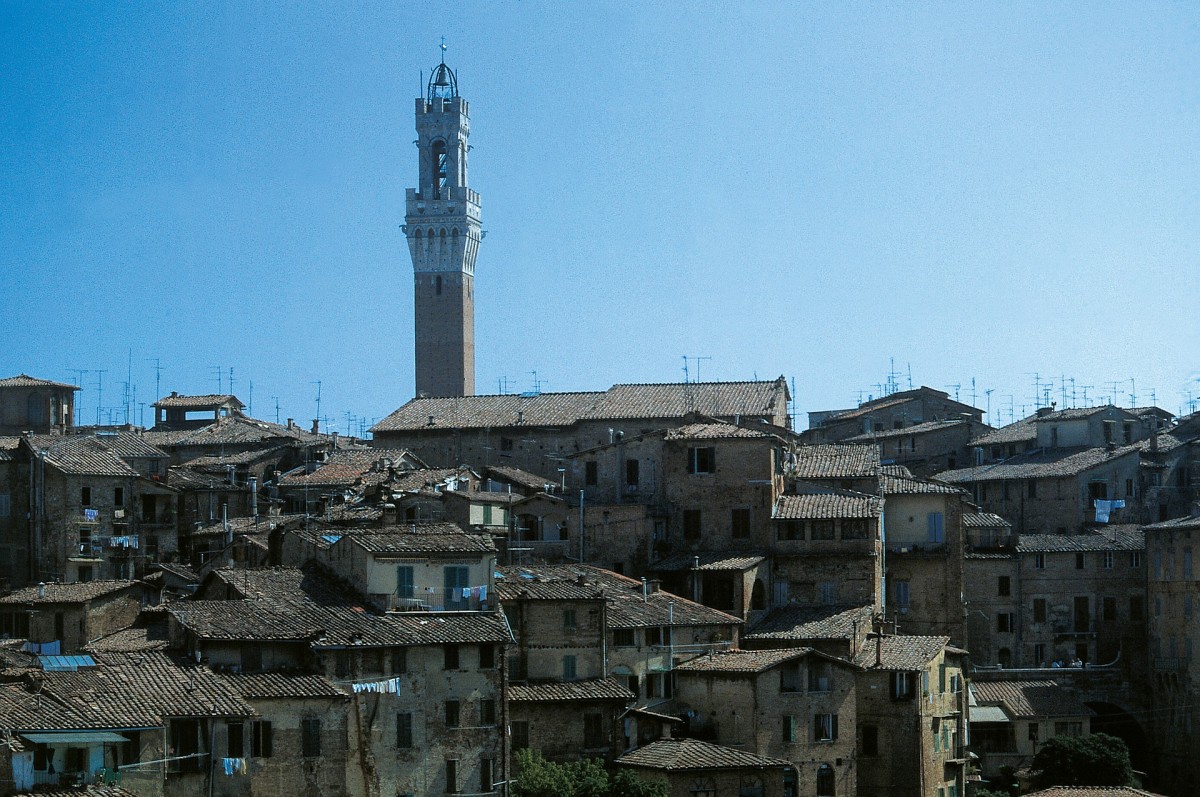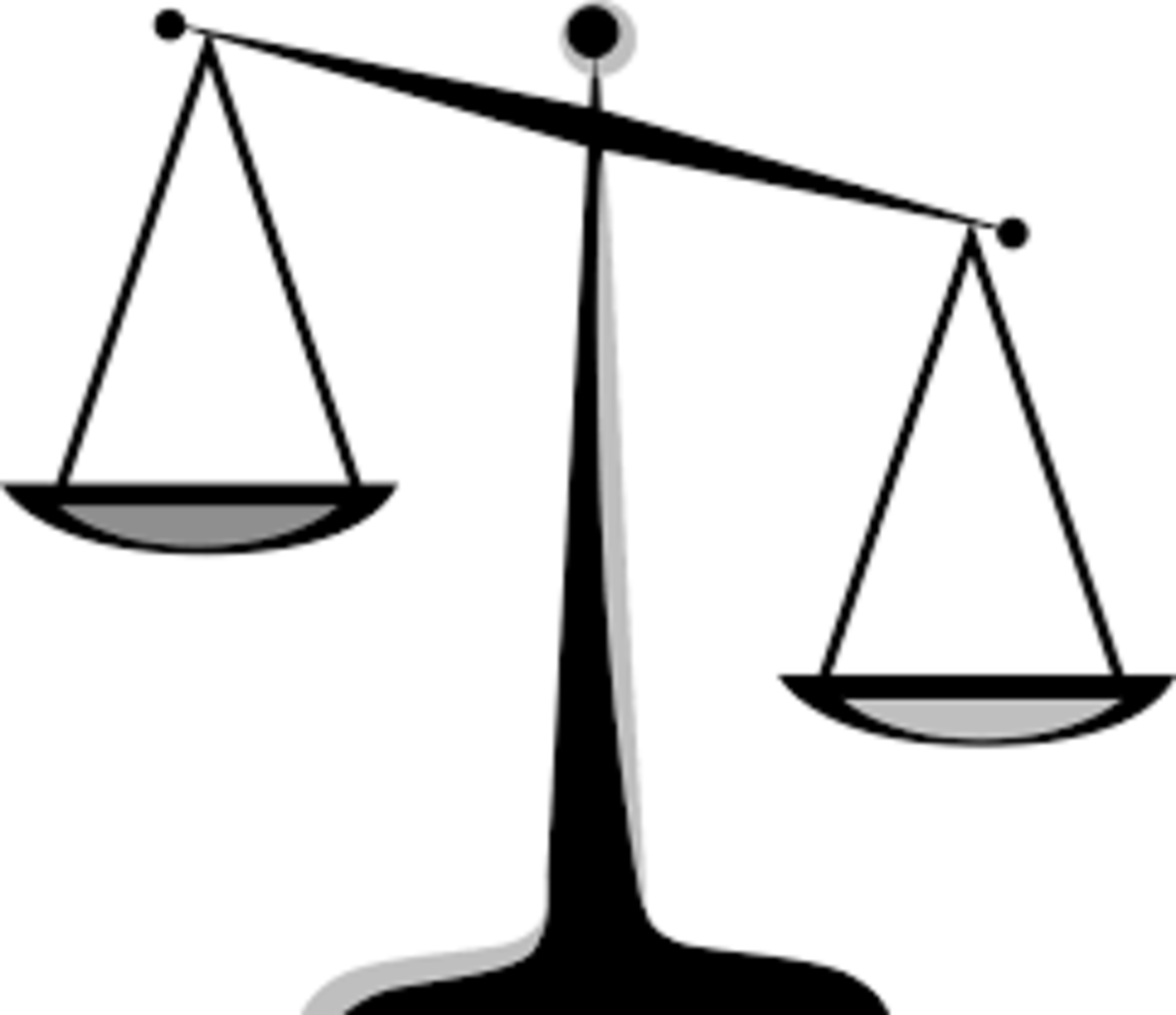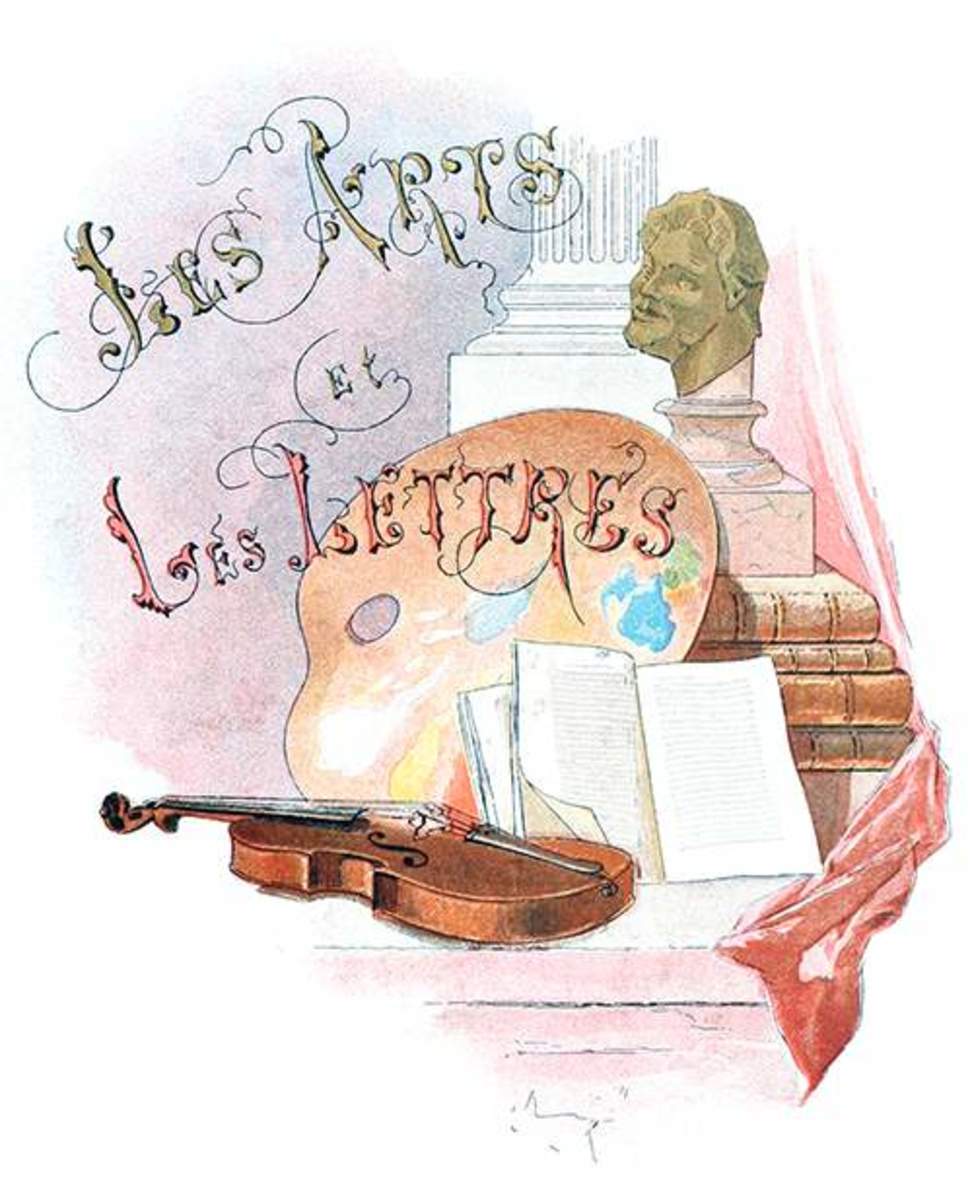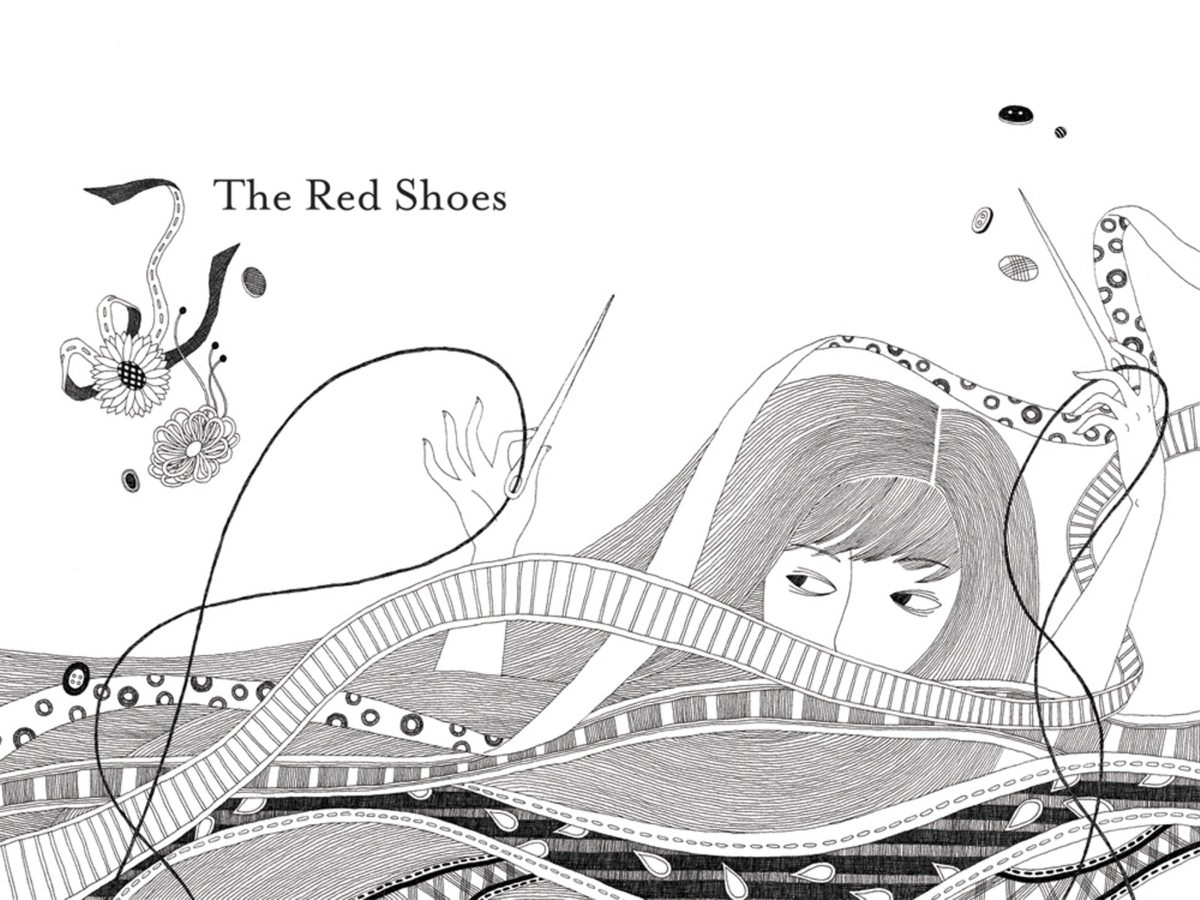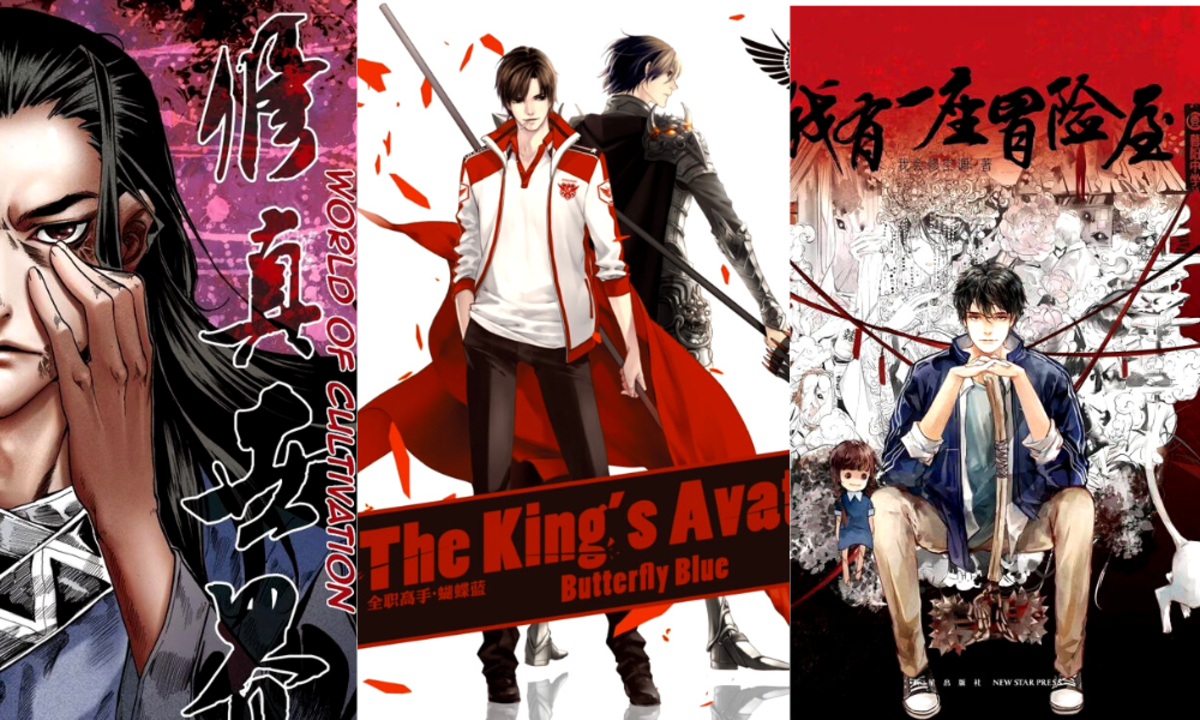Book Review of "System of Government in ‘Sunjata by David C. Conrad and Djanka Tassey Condé"
The book ‘Sunjata: A West African Epic of the Mande Peoples’ by David C. Conrad and Djanka Tassey Condé is a narrative that gives the life and exploits of Sunjata since his childhood when, as a result of a curse put on him, he only could crawl; to his exile along his family. In the end, he becomes the victorious Ruler of the Mandinka, expanding his empire. One of the central themes in the epic is the issue of systems of government. Sunjata makes a proclamation that as long as he lives, there will be freedom in Mali because their ancestors lived free. Thus, the current citizens would follow the same suit. It is a pointer to a wish for a sovereign political system where the kingdom’s authority is placed in its hand. According to Black’s Law Dictionary, sovereignty in government is the public power, directing activities of each member connected to it about the conclusion of the connection. Sovereign nations underline the people’s will and their right to self-governance. The people govern themselves autonomously with the freedom to conduct themselves in a manner only bound by the authority’s directions or the established laws. Another system of government that can be singled out is that the Mandinka people were under the rule of a monarchy; a system of government run by a king or queen. It also incorporates the notion of royalty, whereby individuals related to those in power by extension bear some authority and power over other citizens.
In this epic, Conrad and Condé portrays that a successful reign or society is one which respects the subjects and takes them at heart in important political and social decisions. Upon being crowned as the King of the Mandiaka Kingdom, Sunjata retracted from the previous oppressive regime and began the process of organizing his empire and set to establish a constitution that had the wishes of his people. This constitution governed his rule and the conduct of citizens as well as the officials. This was confirmed his articulation that that “As long as I live, Malians will always live in freedom since our ancestors were also free” . This move subsequently moved the Kingdom into greatness and could have therefore have set the stage for today's democratic system of governments.
The ideals presented in this epic is very much relevant to todays political systems inherent in many countries around the world. A good number of political and governance systems around the world have undoubtedly attached much significance to public opinion and involvement as well as the unity of democratic institutions. Further, most of these political systems have identified the supremacy of peoples power beyond the government, political systems and legislation. Although governments may depict different political systems such as monarchy, parliamentary or presidential system, the legitimacy and success depends on the degree at which these consider civil rights and citizen engagement in the governance processes. Indeed, there is no doubt that democratic systems of governance are consistently being embraced in the global sphere as depicted to a series of behavior, principles and policies that protect people’s will and rights.


